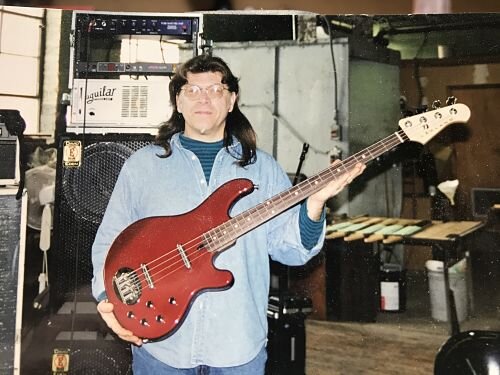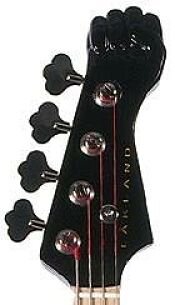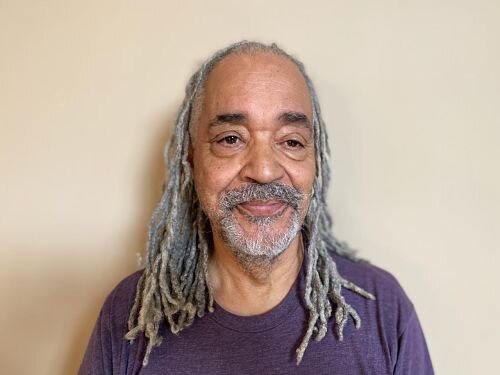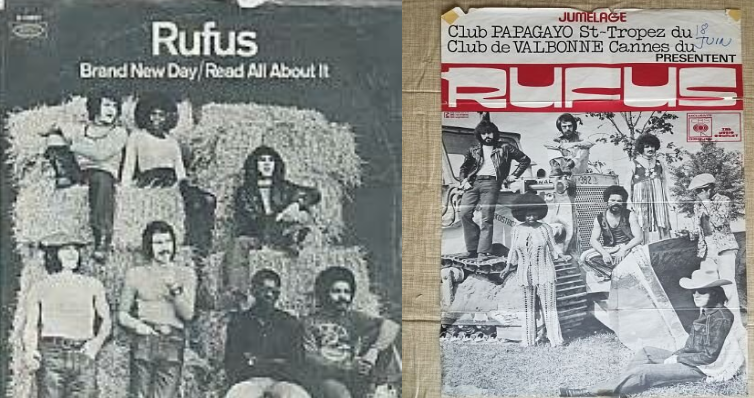By Joe Iaquinto
“There’s two people who I always wanted to be…a Beatle or a Beach Boy…” Peter Cetera
When I started playing the electric bass in 1971, back when it was the voice of popular music, there was no shortage of great players in any style. Carol Kaye, Joe Osborn, Bob Babbitt, James Jamerson, Richard Davis, Wilton Felder, Chuck Rainey – all of them had a huge influence on my playing and helped me to develop my own voice, but it was Peter Cetera who brought it all together for me.
The first Chicago song that I was aware of was “Saturday In The Park.” Hearing that thunderous, melodic bass part four bars after the infectious piano intro was all it took.
Once I realized who I was listening to I went out and got all the available albums and immersed myself in the music. “I’m a Man,” with its percussive picked bass intro, the upper register runs and ever-shifting feel of “Questions 67 and 68,” the disciplined simplicity of “25 or 6 to 4, ” and the bass tour de force that is “Dialogue, Part 1 and 2.”
The latter is from Chicago V, which is arguably one of the band’s finest albums. From a bass playing standpoint, it is Peter Cetera’s best work, in my humble opinion. Armed with one of two early-sixties Fender Precision Basses (Cetera owned one and producer James William Guercio’s white P-Bass was used on the first album and here and there on others) and a slot-headed Gibson EB-3, Peter Cetera’s bass playing runs the gamut from progressive rock goodness (“A Hit By Varese”) to finger funk ferocity (“State of The Union”) to walking jazz expertise (“Goodbye”) and Pop Rock Royalty (“Saturday in The Park”).
But the real gem on Chicago’s first single disc offering, is the aforementioned “Dialogue, Part 1 and 2.” To me, it is every bit as wonderful and important as Paul McCartney’s playing on “Something.” Terry Kath and Peter Cetera share lead vocals on this Robert Lamm composition, which is a musical conversation between two people with different ideologies, and Peter’s bass part is brilliantly back and forth, supportive yet restrained, and then bursting with emotion when proper.
Ever-evolving but never in the way. I remember literally picking the record player arm up and playing this song over and over and over and over. Chicago V is also the album I use when bassists look at me cross-eyed when I tell them that Peter Cetera was my bass idol. One guy laughed and asked me if I liked any ‘real bass players.”
He apologized profusely after I loaned him that album. One of Peter’s biggest influences and favorite bassists was the late, great Andy Fraser, a fellow Gibson EB-3 player, and you can hear that in his playing on songs like “Now That You’ve Gone,” and “State of The Union.”
Even as the albums started to become less daring and more commercial, like the following release, Chicago VI, Peter never dumbed it down and always played something catchy and interesting. Listen to what he does with “Just You N Me,” by James Pankow. It’s a classic PC bass part, complete with tasty fills and that perfect blend of percussive-yet-melodic sensitivity.
Peter would go on to record nine more studio albums with Chicago and tour almost non-stop in front of each release, never failing to play and sing his ass off. Even in their darkest moments, like the huge disaster that was Chicago XIV, you would never hear him phone it in.
Blessed with one of the most recognizable and iconic voices in modern music history, his bass playing has often gone unnoticed and unheralded. But those who know, know! Just ask Will Lee and Nathan East if you don’t want to take my word for it. I’m grateful to have become friends with Peter over the years and in 2012, while I was Peter’s brother Kenny’s bassist and MD, I got to perform with him and play bass and acoustic guitar on several of his biggest hits when he joined us onstage in Las Vegas.
For this poor kid from Sheepshead Bay, that was all the proof I needed that miracles do exist! He also bought me lunch. Twice! Monumental bassist/singer/songwriter and one hell of a great guy.
Till this day, I channel him in everything I play on the electric bass. It’s impossible not to.
Other than the songs I’ve already mentioned, I would highly recommend the following cuts for the total Peter Cetera bass experience:
Wake Up Sunshine (Chicago II) https://youtu.be/-7Qz2xPyJbc
At The Sunrise (Chicago III) https://youtu.be/o_X909h1x1k
All Is Well (Chicago V) https://youtu.be/jPVWCq8EWxY
Hollywood (Chicago VI) https://youtu.be/mmvUvYGzlgk
Something In this City Changes People (Chicago VI) https://youtu.be/_447n9Omc34
Hanky Panky/Life Saver (Chicago VII) https://youtu.be/6c3F46dz94A
Woman Don’t Want To Love Me (Chicago VII) https://youtu.be/VGaghf6nS6Y
Brand New Love Affair (Chicago VIII) https://youtu.be/L83kotQdhKs
Never Been In Love Before (Chicago VIII) https://youtu.be/3-mTxJy3qJA
Scrapbook (Chicago X) https://youtu.be/rbq2bap4xQk
Mississippi Delta City Blues (Chicago XI) https://youtu.be/fY3F6FP61os
No Tell Lover (Hot Streets) https://youtu.be/C_lOqptCAiU
Life Is What It Is (Chicago 13) https://youtu.be/-2ku4x4SKi4
Chains (Chicago 16) https://youtu.be/EVTWHcCeDH4
Stay The Night (Chicago 17) https://youtu.be/5LTWwkBNilI
I had the pleasure of doing a radio interview some years back with James William Guercio, the man who brought Chicago to California and produced their first eleven albums and managed their career. He also played bass with the Beach Boys on tour and recorded a few tracks on the other side of the glass with Chicago. In fact, that’s him playing bass on “If you Leave Me Now.”
When I asked Guercio what it was like working with Peter in the studio, he told me that he never had to tell Peter what to play on bass and recounted a funny story about how he mixed the bass on those albums. He said that he and Peter would take a cassette mix out to his car and if the plastic dashboard Jesus danced, the bass was perfect!
I can go on forever about what an impact Peter Cetera’s bass playing had on me, his vast array of basses and amps, and more. The bottom line (pun intended) is that he was truly one of the best players of the era, and his name should always be included when speaking of all the great singer/bassists, like Sting, Geddy Lee, Paul McCartney, Jack Bruce, Randy Meisner, and Glen Hughes.
Anyone who writes him off as a balladeer is grossly uninformed and needs to join the Peter Cetera Bass Club! Heck, even Jaco was a fan! Yes, that Jaco! Peter told me that Jaco would come over to his house in Malibu and play his Ernie Ball Earthwood acoustic bass and told him he wanted to sub for him in Chicago!
I guess Jaco forgot about the singing part of the gig…











